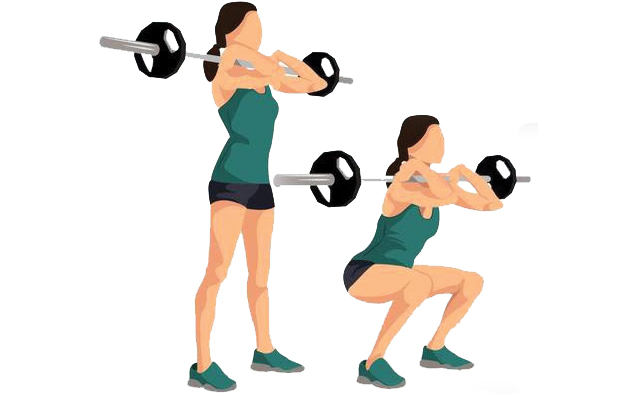The Notepad: Shehzad Manzoor
Here are Shehzad Manzoor’s six rules to live by that lead to a healthier living


1. Sticking to your meal plan – Let’s make this as clear as possible: you have to follow each and every meal that you have to consume for the day. Whether you are gaining mass or trying to lose fat the importance of getting all the protein and carbs is of utmost importance. To put it even simpler – if you eat enough you will grow, if you don’t – you won’t. The same holds true for fat loss dieting – if you eat clean and get enough protein – it will work, if you cheat – it won’t. Make sure to have a developed meal plan for the day and stick to it no matter what.

2. Not training hard enough – You think you are training hard? Think again! One of the reasons the top athletes in the world are at their best is simply because their pain tolerance threshold is above the average athlete. Always be aware of the fact that there is someone out there who outworks you in terms of training harder and intensity. Thus you have to give in your maximum effort every time and you need to make sure to push your body to be able to handle more pressure, eventually leading to gaining muscle and a lean body. Progress comes as a result of constant struggle. Always remember that muscles are built with heavy weights - there is no other way.

3. Going to extremes – Eating 5000 calories per day won’t make you bigger; it will only make you fatter. Eating 500 calories per day won’t make you more ripped; it will make you look sick. It is important that you work hard, but work smart. Extremes are bad for you because they put the body under tremendous stress, which causes it to release cortisol and lower insulin sensitivity, both of which are catastrophic for your muscle mass, immune system and general well-being. Never fall for fad diets and keep in mind that the only good nutrition is the one that works best for athletes. Strive for what’s optimal in the long run and not what will give you quick results followed by quick disappointment.

4. Neglecting rest - While it is crucial to train hard in order to see results, the actual muscle growth and development happens outside of the gym. Look at it this way: when you work out you more or less damage your muscle fibers, during the recuperation period between workouts your body’s metabolism and protein synthesis adapt, heal the damage and strengthen the muscle fibers. This cycle of stress and recuperation makes you stronger, fitter and healthier. If you do not adhere to this principle and neglect sleep and rest by partying too much, drinking or having bad sleep patterns, you will not progress optimally.

5. Sticking to the same workout plan for too long - Building a strong and muscular body is a race between stimulation and adaption. It is a process of training the muscles in a specific way, forcing them to grow and adapt. As they adapt they become less responsive to exercises you tend to overdo. The human body is smart and you have to outwit it in order to stimulate muscle hypertrophy. Aim for variety in your workouts and never stick to a certain workout plan for too long. Ideally, you should change your routine every 6-8 weeks.

6. Using improper form - Having bad technique when performing exercises can halt progress at best and cause injuries at worst. Lifting heavy weights puts your tendons, muscles and joints under a lot of stress and misaligning them increases your chances of injury. Lower back injuries are the most common and may keep you out of the gym for months. Prioritise learning the proper form for every exercise, so that you can minimize risks and optimise results.



















COMMENTS
Comments are moderated and generally will be posted if they are on-topic and not abusive.
For more information, please see our Comments FAQ